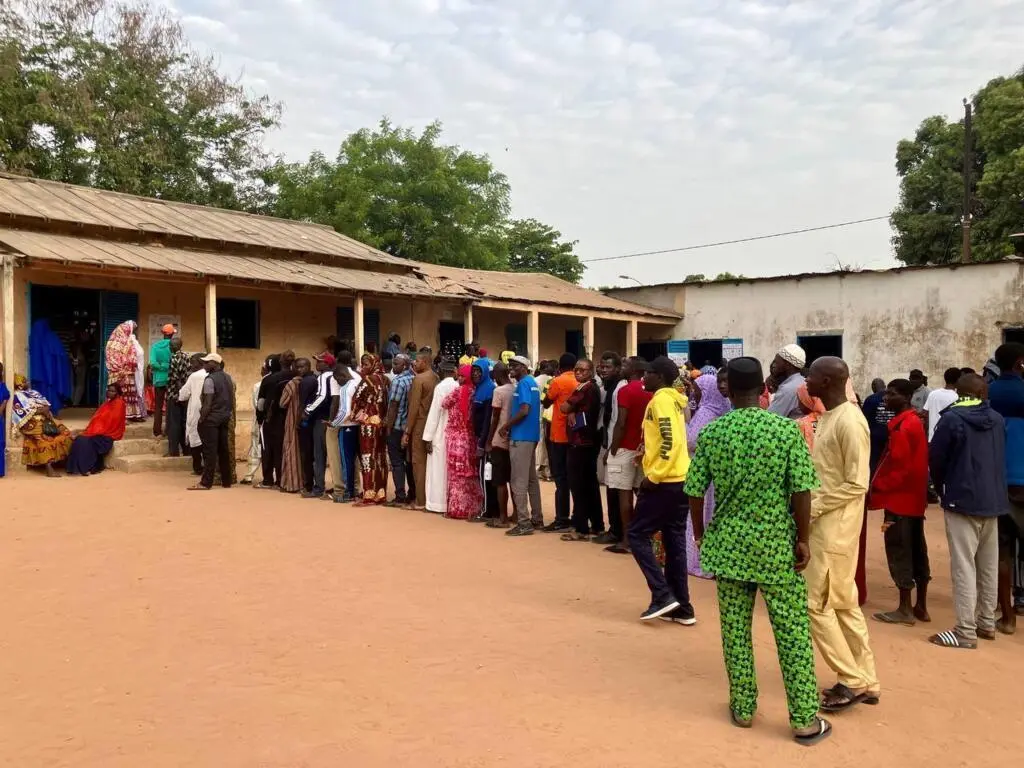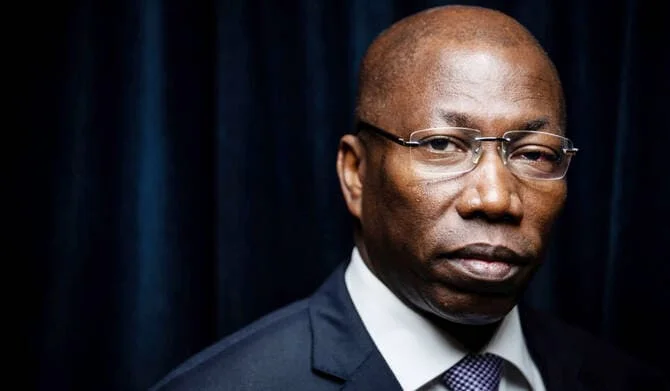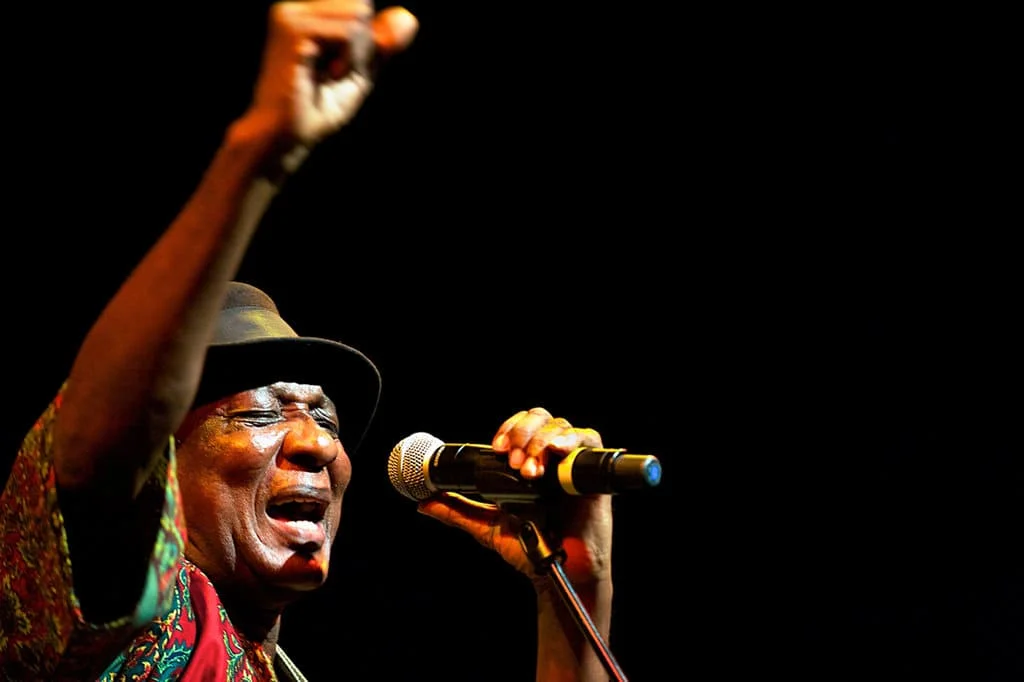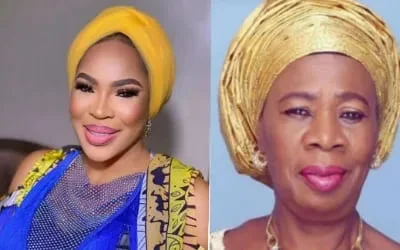enegal’s citizens flocked to polling stations to select their next president, marking a pivotal moment in the nation’s democratic journey. With the incumbent, Macky Sall, ineligible to run again after two terms, a record 17 candidates competed to lead the West African country, known for its relative stability in a region marked by political upheaval. Early reports indicated strong voter participation, setting the stage for a potentially transformative election.
A Landmark Vote Without an Incumbent
For the first time since Senegal gained independence from France in 1960, the sitting president is absent from the ballot, making this election a historic milestone. With 7.3 million registered voters, the process unfolded across more than 16,000 polling stations in Senegal and its diaspora. Voting began in the morning and concluded in the evening, with ballot counting starting immediately afterward. Provisional results are expected within days, though a second round is likely given the crowded field of candidates.
Observers from civil society, the African Union, the Economic Community of West African States (ECOWAS), and the European Union monitored the process, reporting a calm and orderly atmosphere. Malin Bjork, head of the EU mission, noted that the voting proceeded efficiently and peacefully, reinforcing Senegal’s reputation as a stable democracy in a region that has faced multiple coups in recent years.
A Diverse Field of Contenders
The election features a diverse array of candidates, with two frontrunners standing out. Amadou Ba, a former prime minister and the ruling party’s choice, represents continuity as President Sall’s preferred successor. In contrast, Bassirou Diomaye Faye leads an anti-establishment coalition, stepping in for opposition leader Ousmane Sonko, who was disqualified due to a disputed conviction. Faye’s campaign has resonated with voters seeking change, particularly among the youth.
Other notable candidates include veteran politician Idrissa Seck, a former prime minister under Sall’s predecessor, and Khalifa Sall (unrelated to the president), a prominent opposition figure and former Dakar mayor. With 17 contenders, analysts predict a runoff may be necessary if no candidate secures a majority, setting the stage for a potential second round of voting.
Strong Participation at Home and Abroad
Voter enthusiasm was evident across Senegal, with long lines reported at polling stations in cities like Dakar, Saint-Louis, and Ziguinchor. In Ouakam, Dakar, hundreds queued to cast their ballots, reflecting a strong civic commitment. The diaspora also played a significant role, with nearly 80,000 Senegalese registered to vote in France alone. In Asnières-sur-Seine, a Paris suburb, thousands lined up outside a polling station, demonstrating the global engagement of Senegal’s electorate.
Overcoming Political Challenges
The election followed a period of political tension, as President Sall’s earlier attempt to delay the vote sparked unrest, resulting in four deaths. Critics viewed the postponement as an effort to undermine democratic processes. Senegal’s top constitutional body intervened, ensuring the election proceeded, a move that restored confidence in the nation’s democratic institutions.
The incoming president will face significant challenges, including managing revenues from emerging oil and gas reserves, addressing economic hardship, and tackling youth unemployment, which drives many to undertake perilous journeys to Europe in search of better opportunities. The election’s outcome will shape Senegal’s path forward, both politically and economically.
A Test of Democratic Resilience
Senegal’s election underscores its commitment to democratic principles, with robust voter turnout and international oversight ensuring transparency. The absence of an incumbent candidate offers a unique opportunity for fresh leadership, making this a defining moment for the nation’s future.






